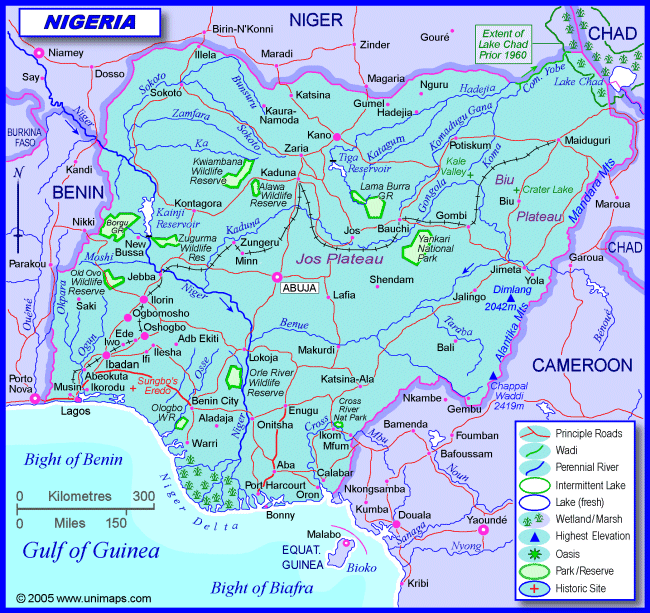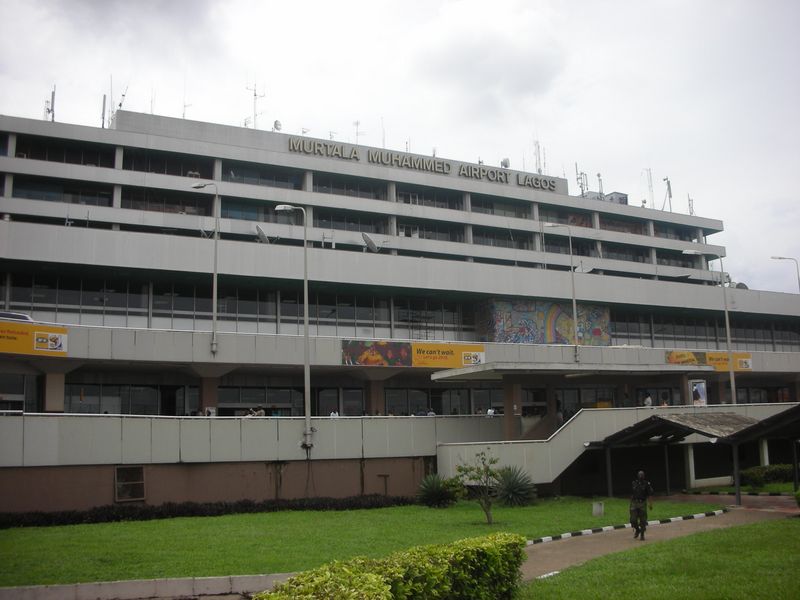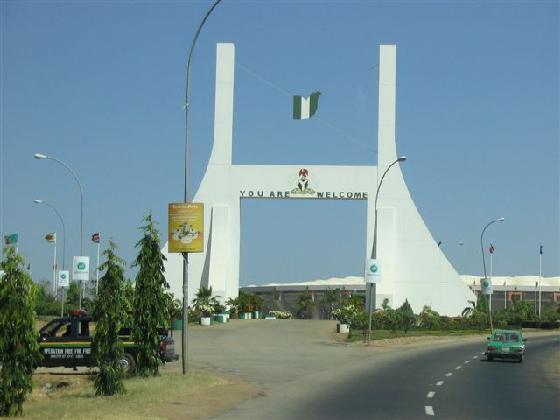Introduction of Nigeria
Nigeria (officially The Federal Republic of Nigeria) is a country of extremes, and as indicated in the Lonely Planet, the country is challenging and yet exuberant and indeed; there is nowhere quite like it on the African continent.
Located on the Gulf of Guinea in West Africa, Nigeria shares land borders with four African countries, they are Republic of Benin, Chad, Cameroon and Niger respectively. It is the 32nd largest country in the world with the total area amounting to 923,768 km2 (a little more than two times the area of California in the States). There are totally thirty-six states in the country and Abuja is the capital city. Nigeria is the most populous country in Africa, according to the UN report in 2009, the population is estimated to be 154.7 million. Half of the population is Muslim, followed by Christian and indigenous beliefs.
Landscape in Nigeria is diversifying and fasinating, tropical rainforests can be found in the south, coastal plains are found in both the southwest and the southeast; and in the north, savannas and arid regions are situated. Various landscapes provide different habitats for plants and animals; therefore, it is a center of biodiversity and provides valuable research grounds. The region where the two rivers (River Niger and River Benue) merge into one and form a "Y" shape is the largest topographical region in Nigeria; it is denoted by the alphabet “Y” in the country’s coats of arms.
Map of Nigeria (Source: http://unimaps.com/nigeria/index.html)

Lagos
Lagos is a port located in southwestern part of Nigera, on the Atlantic coast in the Gulf of Guinea and to the west of the Niger River delta. It was the former capital city of Nigeria and the center of administration until Abuja officially became the capital on 12th December 1991. Despite it is no longer the capital, it remains a huge metropolis offering various opportunities (industrial and commercial activities) and thus has the 2nd largest population among the states of Nigeria.
International Airpot of Lagos

Abuja
Abuja became the capital city of Nigeria in 1991 and it is situated in the geographical centre of Nigeria in the Federal Capital Territory (FCT). Unlike Lagos, Abuja is a planned city that was started in the 1980s when the government decided to turn it into the new capital. It is now the center of administration.
Capital city – Abuja (Source: http://members.virtualtourist.com/m/651b1/21658a/)

|